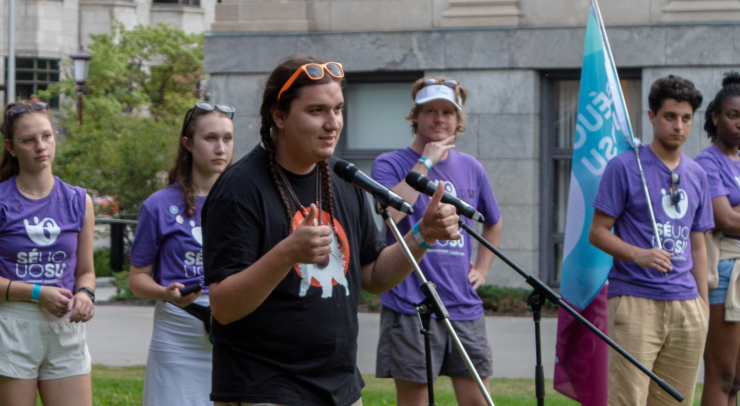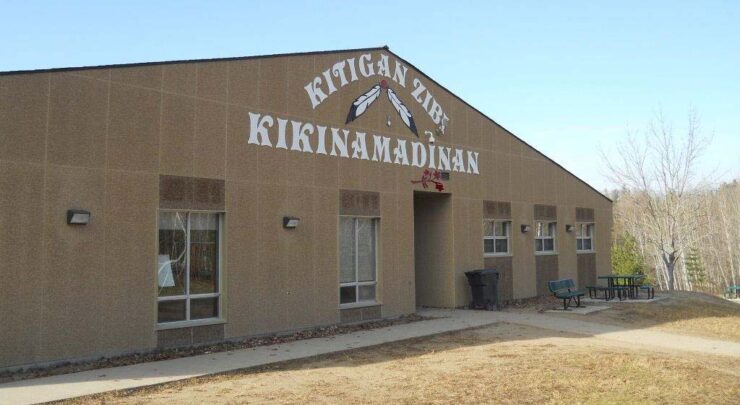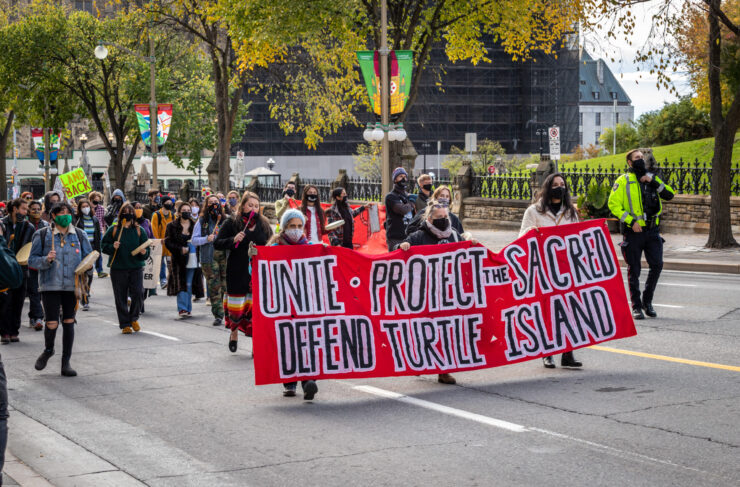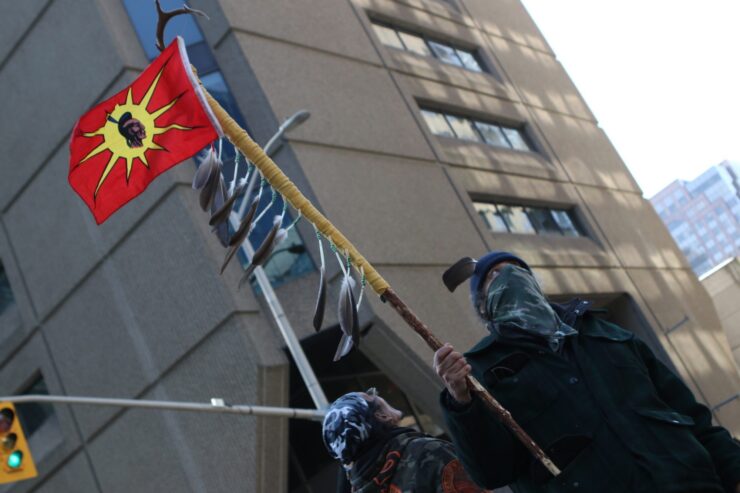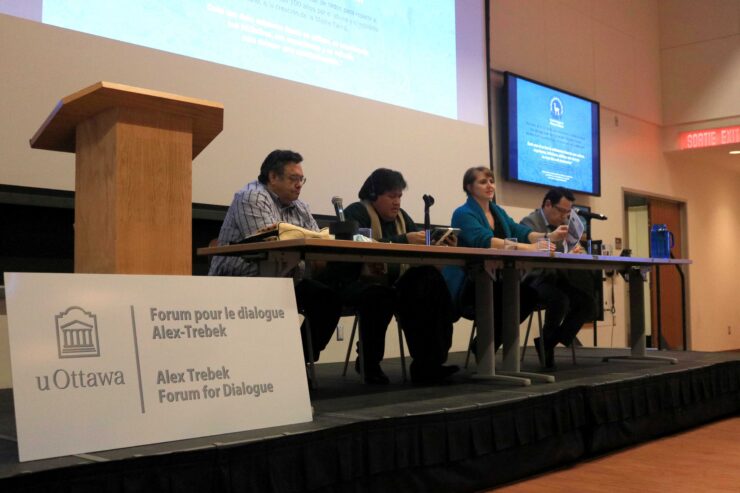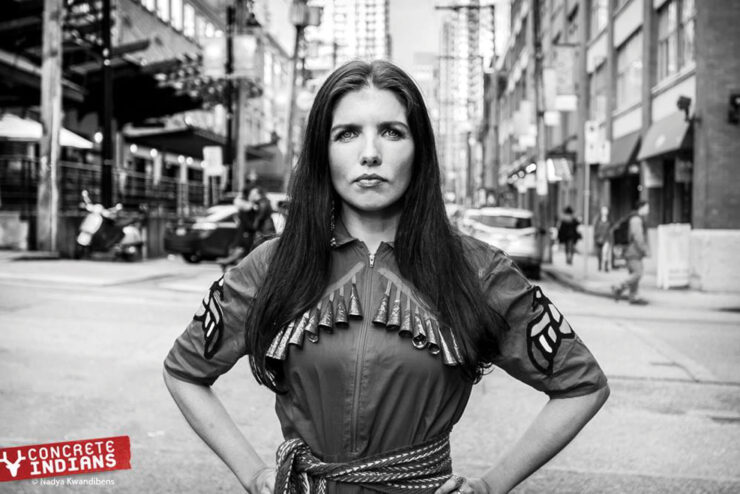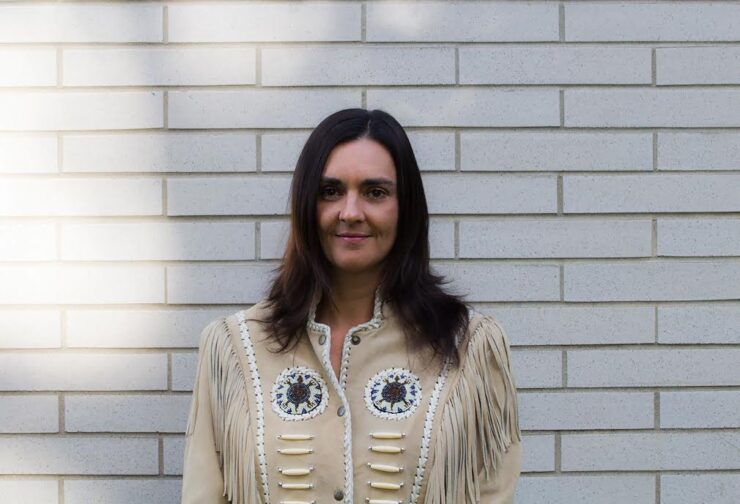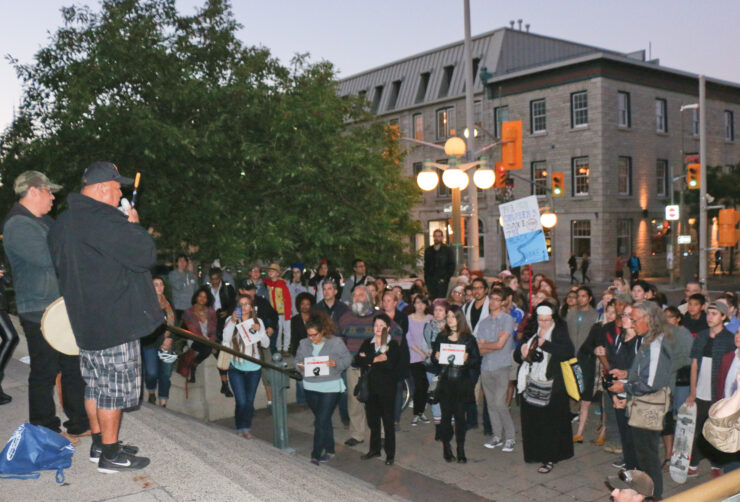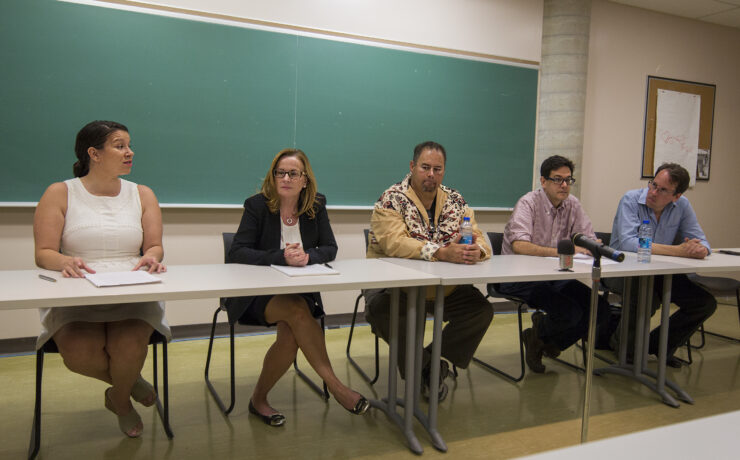A 8 years after the TRC’s 94 calls to action, the University of Ottawa is still falling short.
indigenous rights
The school in Kitigan Zibi has been in operation since 1980 and awarding high school diplomas since 1985.
“It was very emotional for me as I had never before heard so much appreciation for non-Indigenous presence,” said Polish retiree Feliks Welfeld.
One of the most recognizable acts of activism observed by non-Indigenous Canadians all over the country today is land acknowledgments. But while they are a way to reflect on Canada’s colonialist past and history of broken treaties, they fail to address its colonialist present and our collective lack of action when it comes to indigenous issues.
Following the conference, IRGTE hopes to bring forward up to 12 policy recommendations to the federal government on Indigenous rights and extractive industries.
According to Kiera Brant, the idea for the portal came about in early 2013, around the time that the Idle No More movement began to pick up steam.
It’s important to recognize that the current campaign serves to alienate members of the very community it proclaims to help.
The rally was held in conjunction with a Nov. 29 hearing at the Supreme Court between the Clyde River Inuit and the Crown over a decision made by the National Energy Board that will allow companies to conduct seismic testing near Clyde River, Nunavut.
The poem “I’ll (Not) Be Home For Christmas” is a direct juxtaposition of Indigenous and settler children’s lives.
On Dec. 5, University of Ottawa alumna Lisa Monchalin, the first Indigenous woman to graduate with a PhD in criminology in Canada, will be holding court at the Alex Trebek Alumni Hall.
Why hide our indispensable cultural heterogeneity behind a facade of “true Canadian identity?” Isn’t it a good thing that our nation is so dynamic and multifaceted that we don’t necessarily boast a set identity?
The problem with redbaiting is this: it demands accountability for the historical crimes of some (the scary communists) and not others (the colonists and the capitalists).
Students on Reddit have had mixed reactions to the idea of mandatory Indigenous courses, with most being concerned about logistical issues.
Over 100 people attended the protest, some of whom held signs which said, “Stand with Standing Rock,” “Pipelines break,” and “Save our water.”
On Sept. 13 the University of Ottawa’s Faculty of Law teamed up with Amnesty International to present “Keep the Promise”, a seminar on the Site C dam—a hydroelectric dam being built near British Columbia’s Peace River—and its impact on local Indigenous communities.

